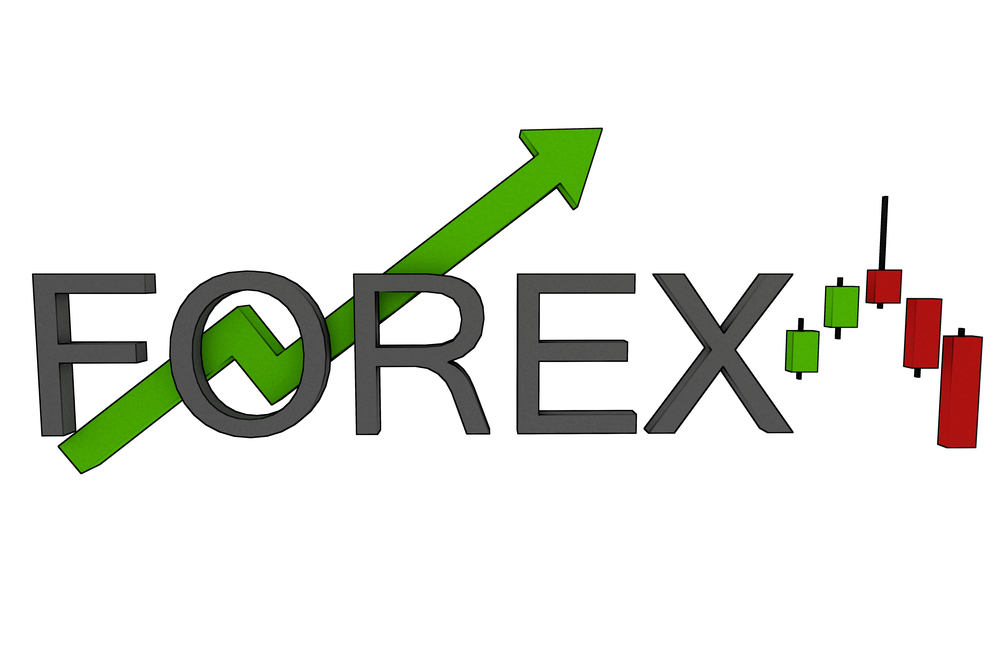The Fed, Dollar, and Dollar-bloc Currencies

Please note that we are not authorised to provide any investment advice. The content on this page is for information purposes only.
The US dollar is mostly little changed against the major currencies. The chief exception is the yen. Its apparent purchases on the crosses succeeded in pushing the dollar from near JPY120.50 to almost JPY119.80. Lower US bonds yields and falling stocks in Europe may have been the trigger in an otherwise light news session. Recall Tokyo markets remain closed and will re-open Thursday.
The US dollar is mostly little changed against the major currencies. The chief exception is the yen. Its apparent purchases on the crosses succeeded in pushing the dollar from near JPY120.50 to almost JPY119.80. Lower US bonds yields and falling stocks in Europe may have been the trigger in an otherwise light news session. Recall Tokyo markets remain closed and will re-open Thursday.
Asian equity markets were mixed. Australia, China, Hong Kong, Taiwan, and South Korea gained, while bourses that are open later, into the European session, like India, Thailand and Malaysia fell. European shares are sliding lower today. Commodity producers are leading the Dow Jones Stoxx 600 2.0% lower. US shares are also trading heavy in Europe; warning of a 1.5% lower opening.
Falling equities and heavier commodity prices the main force behind the lower Treasury and European bond yields, which are 2-4 bp lower. Spanish and Portuguese bonds are exceptions, and yields are up slightly.
The news stream is particularly light. The main driver appears to be position adjustments after the dollar recovery from the disappointment with last week’s Fed decision, and ahead of this week’s key events, which include ECB President Draghi’s testimony before the European Parliament tomorrow and Yellen’s speech at Amherst at the end of the week.
Four regional Fed Presidents (Atlanta, San Francisco, St. Louis, and Richmond have all reiterated that likelihood of a rate hike before the end of the year. We had drawn parallels between the Fed’s tapering and lift-off. The Fed began preparing the market for tapering. Hence the taper tantrum. While many (though not us) expected the tapering to be announced in September 2013. The Fed waited until December as if giving investors (and itself) more time.
Many are thinking of a repeat and shunning October. First, there is the awkwardness of having to call an impromptu press conference, which, while theoretically possible (and the media has some guidelines on how this would work), may be undesirable operationally, especially for the first move. Second, there is a sense that the reasons the Fed gave for not going (essentially two: China and low market-based inflation expectations) last week may not have changed very much by the end of October.
The euro peaked near $1.1460 post-Fed and fell three cents subsequently. It bounced off the $1.1155 area in early Europe today but ran out of steam near the 200-day moving average (~$1.1210). It closed yesterday below the uptrend line drawn off the early August and early September lows. That trend line is near $1.1225 today. Between the run-up to almost $1.1715 on August 24 and the post-Fed rally, forcing out many leveraged short euro positions. The recent price action suggests they are being re-established.
The divergence that is at the center of our bullish dollar outlook has two potential moving parts. Since ending QE3, the Fed has stood pat. The driver thus far has been what other central banks are doing. Draghi can be expected to assure the European parliamentarians that the ECB’s asset purchase program is flexible and that officials are still trying to determine how recent developments impact the central bank’s goals. The disappointment over the stand pat Fed is in part, offset by the growing expectation that the ECB will expand its QE.
After reversing lower before the weekend, sterling extended its losses to $1.5460, of two cents from the post-Fed high. A break of $1.5450 could signal another half-cent decline. There have been some profit-taking long sterling short euro positions near GBP0.7200 on the cross. However, the momentum faded near GBP0.7240.
The dollar-bloc currencies are narrowly mixed. The Australian dollar is holding just above $0.7100, where option barriers lay. Better support may be near $0.7080. The US dollar changed little against the Canadian dollar. It is consolidating the gains of the past two sessions. The New Zealand dollar is also consolidating in its recent trough.
Chinese President Xi will be in Washington DC tomorrow for an anticipated state visit. Chinese shares advanced for the third consecutive session today, the longest advance in a month. UK Chancellor of the Exchequer Osborne is in China. He provocatively indicated that they would discuss a London-Shanghai stock-link study by the next round of annual talks. The local papers played this up even though it is far from imminent.
Dollar Consolidates Post-Fed Recovery is republished with permission from Marc to Market




